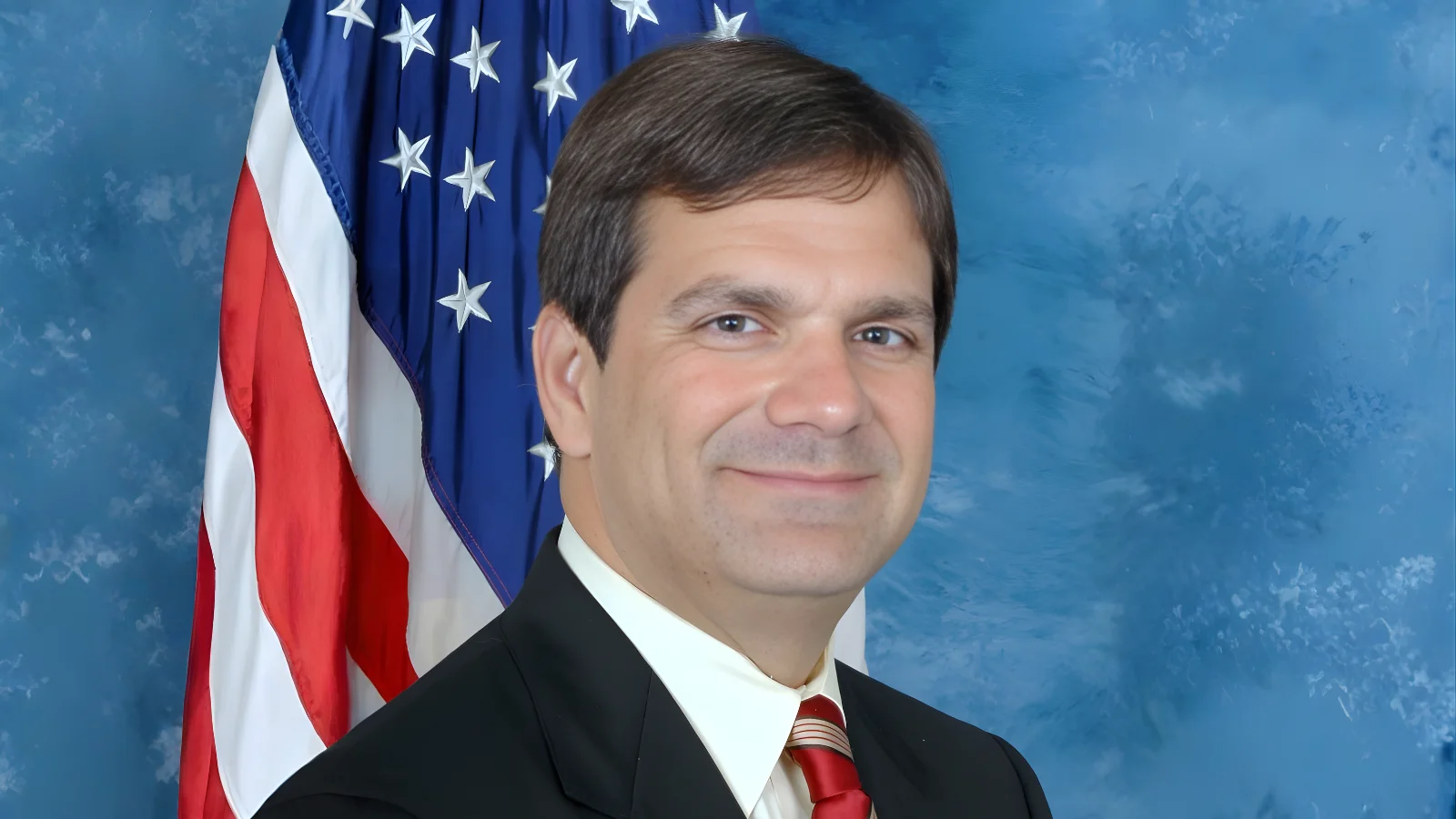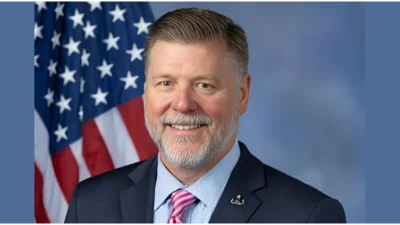Congressman Gus Bilirakis, who chairs the Subcommittee on Commerce, Manufacturing, and Trade, led a hearing in Washington, D.C. focused on the travel and tourism industries as well as the effects of Daylight Saving Time. The hearing was titled "Daylight and Destinations: Examining Time, Travel, and Tourism."
Bilirakis highlighted the significance of these sectors to both local communities and the national economy. He stated, “Travel and tourism are vital engines for local communities across the country and for our national economy. During this week’s CMT hearing, we discussed the importance of programs such as Brand USA and how Congress can strengthen the travel and tourism industries,” said Chairman Bilirakis. “We also examined a range of perspectives on Daylight Saving Time—a practice that touches nearly every American and merits careful evaluation. Our discussion focused on its real-world impacts and the factors Congress must consider as we assess potential reforms. It was a productive and insightful dialogue.”
During the hearing, Congressman Tom Kean noted New Jersey's upcoming role in hosting eight matches of the 2026 FIFA World Cup. He asked Rosanna Maietta about preparations within the hospitality industry for these events. Maietta responded, “We are accustomed to holding and hosting big events all the time, but of course, bringing in so many people at the same time does present some unique challenges, but also opportunities. Right now, our industry is working very closely with law enforcement, city officials, and all stakeholders involved to ensure that we are prepared. I would encourage those lines of communication to stay open. Thank you for serving on the [2026 FIFA World Cup] Caucus. We commend the administration for setting up task forces around these events to ensure that they go off without a hitch.”
Congressman Russell Fry discussed tourism’s impact in his district in South Carolina: “We have roughly 790,000 people that live in the district, but every year the Myrtle Beach area sees 18 million come to our area. If you take it proportionally, there are 20 visitors for every one resident. Tourism in the Grand Strand generates tens of billions of dollars in economic impact and supports tens of thousands of jobs. In the district, we talk about tourism, but we’re really talking about the livelihoods of the folks that I represent.”
Congressman Gabe Evans questioned Ms. Maietta about how hotel closures affect local economies at a community level. She replied by pointing out cost pressures facing small businesses: “Operating costs have risen four times faster than revenue in the last five years. What we are seeing is small businesses—our industry is primarily made up of small businesses—simply can’t afford to stay open. So, we’ve seen closures, and that impacts jobs and the local community that relies on the hotel to create more economic flow.”









